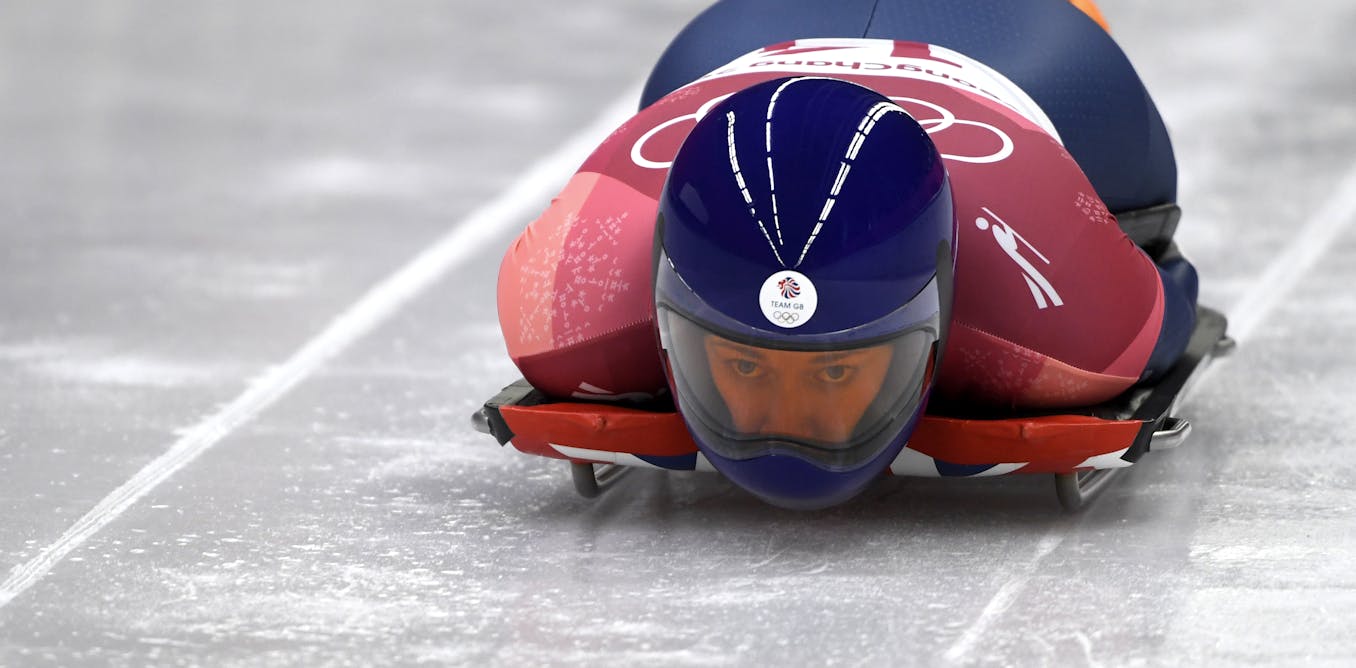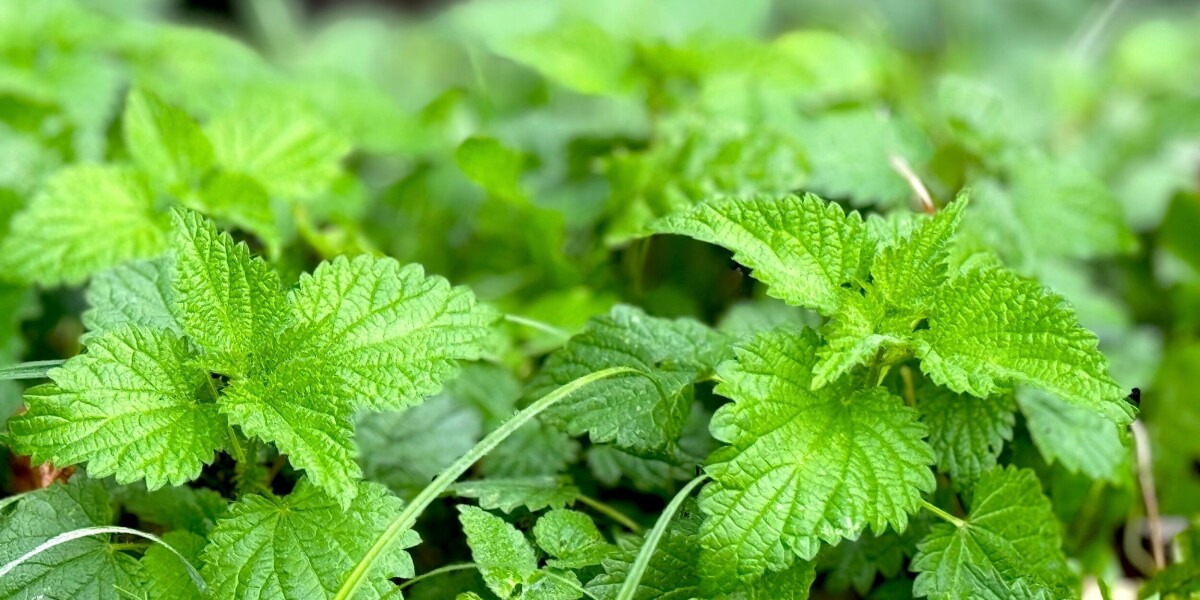- Select a language for the TTS:
- UK English Female
- UK English Male
- US English Female
- US English Male
- Australian Female
- Australian Male
- Language selected: (auto detect) - EN
Play all audios:
ABSTRACT THE COMET GRIGG-SKJELLERUP.—Mr. G. Merton read a paper on this comet at the meeting of the Royal Astronomical Society on December 10. The identity of the comet found by Skjellerup
in 1922 with that found by Grigg in 1902 was first suggested by Crawford and Meyer. Mr. Merton has made it a practical certainty. He gets practically the same mean motion in 1922 from the
observations in that year alone (they extended over three months, so the value is trustworthy) as by combination with those of 1902. The comet is due to return to perihelion on May 10, 1927;
Mr. Knox Shaw is now searching for it with the large reflector at Helwan. It may be expected to be found not later than February. It approaches within 17, million miles of the earth in
June; Comet Pons-Winnecke makes a still nearer approach (some 4 million miles) near the end of June. Access through your institution Buy or subscribe This is a preview of subscription
content, access via your institution ACCESS OPTIONS Access through your institution Subscribe to this journal Receive 51 print issues and online access $199.00 per year only $3.90 per issue
Learn more Buy this article * Purchase on SpringerLink * Instant access to full article PDF Buy now Prices may be subject to local taxes which are calculated during checkout ADDITIONAL
ACCESS OPTIONS: * Log in * Learn about institutional subscriptions * Read our FAQs * Contact customer support RIGHTS AND PERMISSIONS Reprints and permissions ABOUT THIS ARTICLE CITE THIS
ARTICLE Our Astronomical Column. _Nature_ 118, 891 (1926). https://doi.org/10.1038/118891a0 Download citation * Issue Date: 18 December 1926 * DOI: https://doi.org/10.1038/118891a0 SHARE
THIS ARTICLE Anyone you share the following link with will be able to read this content: Get shareable link Sorry, a shareable link is not currently available for this article. Copy to
clipboard Provided by the Springer Nature SharedIt content-sharing initiative








